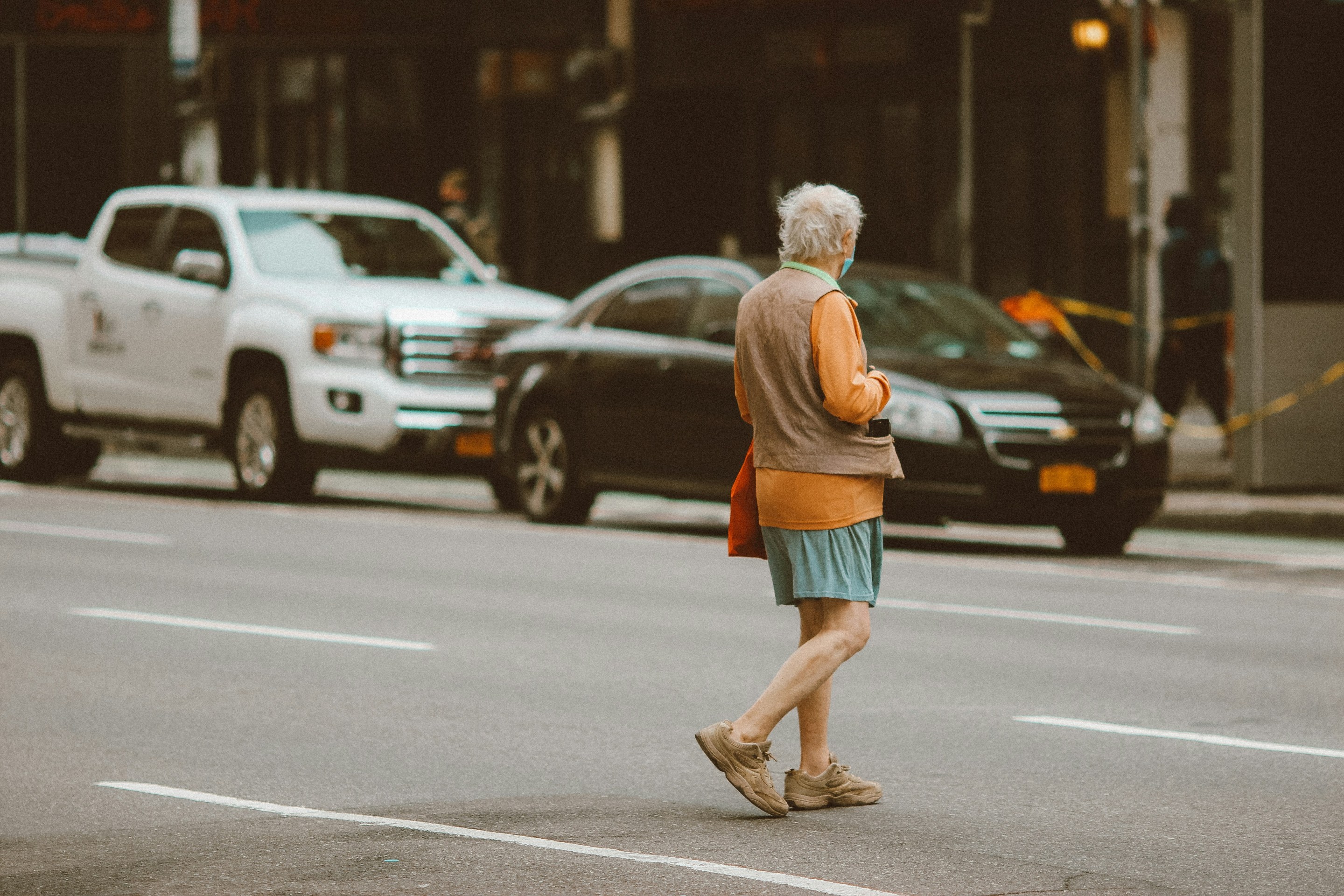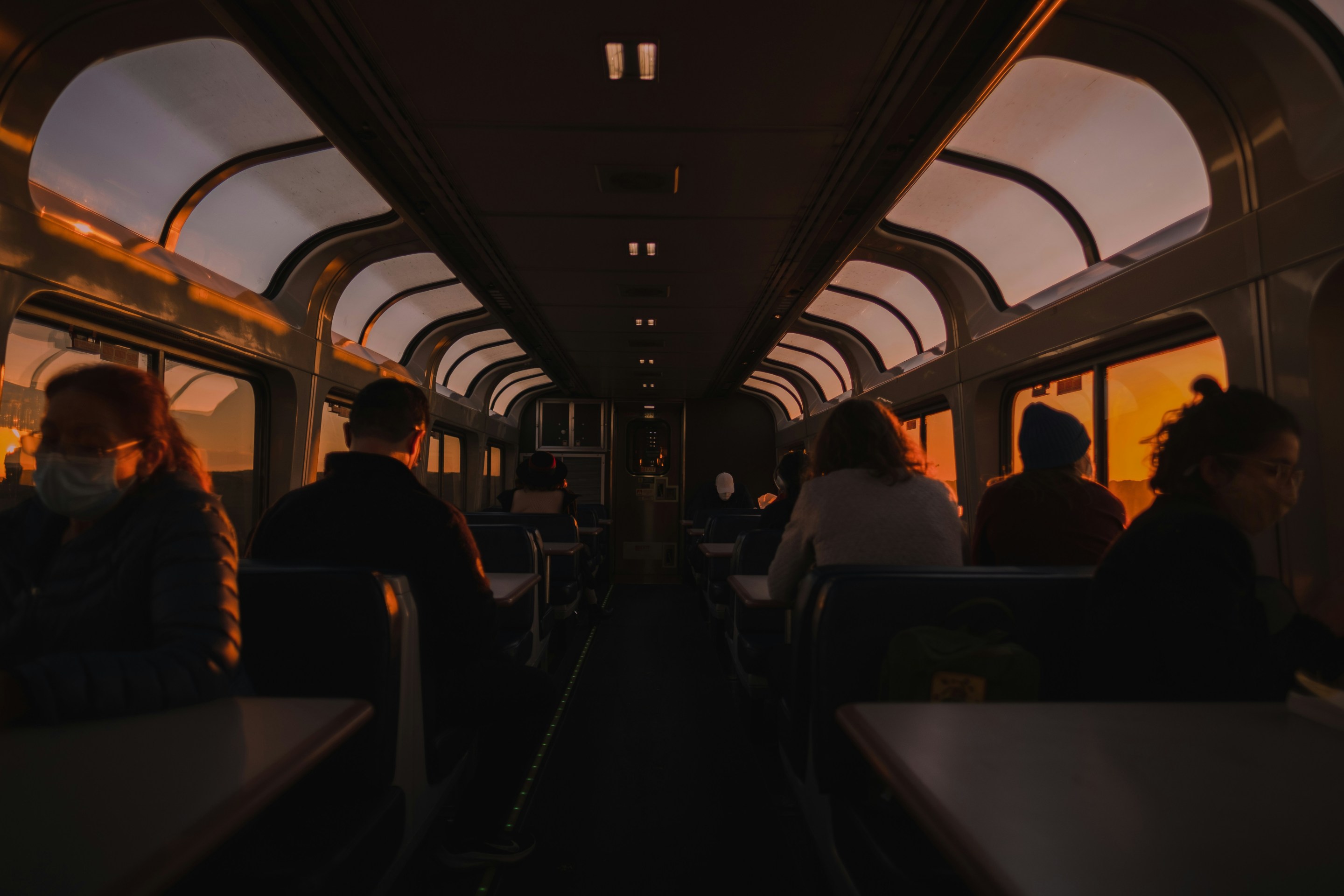- Even algorithms can be biased, especially when they're written by mostly white people. A new study found that autonomous vehicles have a harder time "seeing" dark-skinned pedestrians than light-skinned ones. (Vox)
- Mobility Lab breaks down the different types of transit opponents and how to beat them.
- Residents of Miami’s Biscayne Boulevard — which sees an average of 340 crashes a year — and other wide, fast roads are sick of living next to NASCAR speedways and want road diets to slow down traffic. (Herald)
- New Orleans bike advocates say a protected bike lane on Esplanade Avenue could have saved the lives of two cyclists killed by an alleged drunk driver last weekend. The driver veered into the bike lane — which is only separated from cars by paint — at 80 miles per hour while trying to pass another car, according to witnesses, injuring seven other people. (The Advocate)
- The Greater Cleveland Regional Transit Authority — the largest in the state, with 35 million annual riders — is asking for a bigger share of state transportation dollars. Gov. Mike DeWine has proposed splitting $40 million among 61 transit agencies. His proposed gas-tax hike would raise $1 billion for roads and bridges. (Plain Dealer)
- Spokane, Wash., is set to ask the feds to pony up most of the $72 million for its planned Central City bus rapid transit line. (Spokesman-Review)
- A top Montgomery County, Md. official thinks saving lives is too expensive and might inconvenience drivers. (WashCycle)
- Vision Zero isn’t going so well in San Francisco. A 96-year-old man was the eighth person injured or killed by a driver there within a week. (SF Weekly)
- Charlotte is on track to build a light-rail line to the airport by 2030, approving a route for the 25-mile, east-west Silver Line last week and preparing to ask voters to support a sales tax to fund it. (Agenda)
- Stitch — a proposed park capping the freeway running through downtown Atlanta — could cost nearly half a billion dollars, according to the Urban Land Institute. (Curbed)
- Operating costs for public transit in Montreal are projected to double to $1.7 billion over the next 10 years. Noting that roads are funded 100 percent by taxes, Mayor Valerie Plante called for a fundamental rethinking of how the city funds transit in order to reach climate-change goals. (Gazette)
Today's Headlines
Thursday’s Headlines
Stay in touch
Sign up for our free newsletter
More from Streetsblog USA
Friday Video: How ‘Car Brain’ Warps the Way We See the World
How can we fix the brains distorted by car culture?
Friday’s Headlines Are the Best
People for Bikes named its top bike lane projects of the past year.
Talking Headways Podcast: The Lost Subways of North America
Author Jake Berman discusses transit histories through the lens of racial dynamics, monopolies, ballot measures and overlooked cities.
A ‘Demographic Time Bomb’ Is About To Go Off — And the Transportation Sector Isn’t Ready
A top firm is warning that the "silver tsunami" will have big implications for the climate, unless U.S. communities act fast.
Thursday’s Headlines Shoot for the Moon
What if the U.S. spent anything near what it spends on highways on transit instead?
Passenger Rail Is Headed for a Reckoning — and the First 90 Days of 2026 Will Decide It
Railfans: it's time to go full steam ahead.





